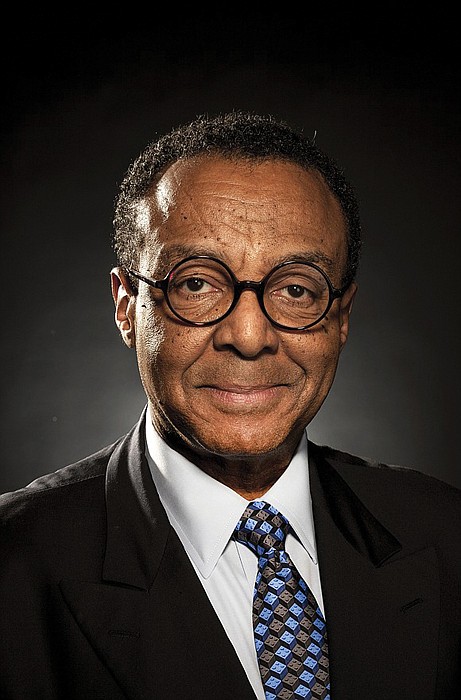Elon Musk trying to figure out Twitter, by Clarence Page
11/17/2022, 6 p.m.
After closing his $44 billion deal to purchase Twitter, Elon Musk still seemed to be trying to figure out what he had bought.
The world’s richest man two weeks ago cut about 3,700 of the company’s 7,500 employees, saying in a tweet that “unfortunately there is no choice when the company is losing over $4 million a day.”
But within hours, according to reports, the company was reaching out to ask dozens of those newly unemployed employees if they would please, please return to their jobs.
Those dozens included not only those who were fired “by mistake,” according to reports, but also some whose knowledge will be critical to the development of new features that Mr. Musk would like to implement.
They include members of the trust and safety teams that manage content moderation, a function that seemed more sorely needed than ever in the deluge of racist slurs, Nazi memes and other garbage that followed the takeover by Mr. Musk, a famously self-described “free speech absolutist.”
But those who were expecting even bigger changes, such as the restoration of former President Trump’s account, have to wait longer, says Mr. Musk. He tweeted on Friday that he would make “no major content decisions or account reinstatements” until the convening of a new “moderation council.”
Earlier in the week, Mr. Musk met by phone with civil rights groups in an effort to assure them that he would curtail hate speech, stop the spread of misinformation ahead of the midterm elections — and restore access by Twitter employees to moderation tools from which they had been locked out during the company’s acquisition.
He confirmed in his Friday tweet that the council would have “widely diverse viewpoints,” but he offered no other information about it, its members or how much authority it would have. The groups reminded Mr. Musk that any such organization should include those who are targeted with hate-filled online language.
Moderation matters, if Mr. Musk is to avoid the “free-for-all-hellscape” he promises Twitter will not become. We’ll see. Besides social justice groups, Mr. Musk also has to be concerned about advertisers, readers and everyone else connected to the outsize role social networks play in our national politics and social discourse.
Mr. Musk certainly could have invested in another exotic enterprise such as his Tesla electric car company or his SpaceX venture in commercial space travel that might bring fewer public relations headaches — and maybe an actual profit.
But Mr. Musk’s big buy-in, as many analysts see it, is all about influence, more than profits. Elon Musk, a tireless self-promoter, already has used Twitter to market and sell products and joust with regulators and critics and build his fame.
The social network offers him a more direct opportunity to engage and shape the national conversation as a self- proclaimed free speech advocate who already has whipped up a sizable politically minded fan base.
The South Africa-born Mr. Musk can’t run for president without a change in our Constitution. But he doesn’t have to be president if he can influence one or a few.
“The reason I acquired Twitter is because it is important to the future of civilization to have a common digital town square,” he said in a speech to advertisers, “where a wide range of beliefs can be debated in a healthy manner, without resorting to violence.”
That’s a relief, especially that violence part. But can he pull it off?
The writer is a syndicated columnist and senior member of the Chicago Tribune editorial board.







